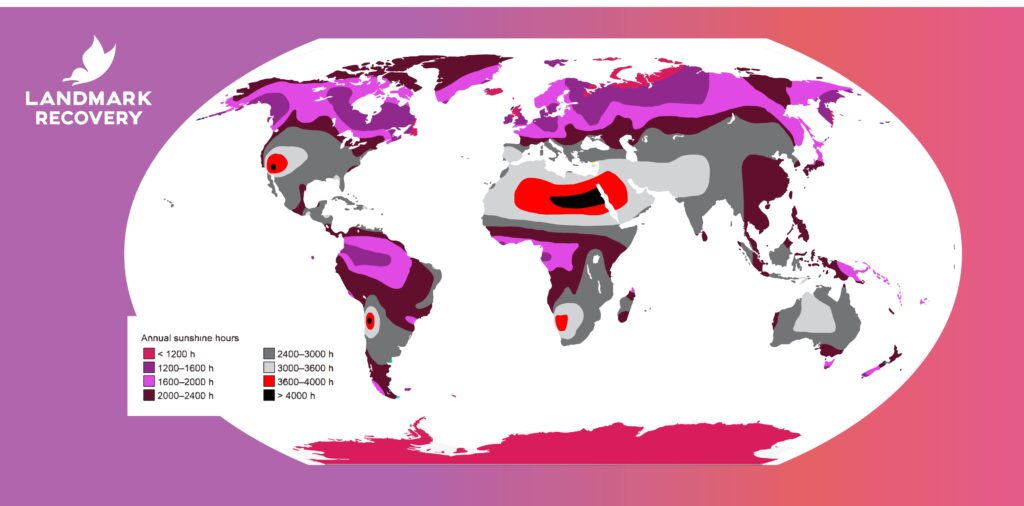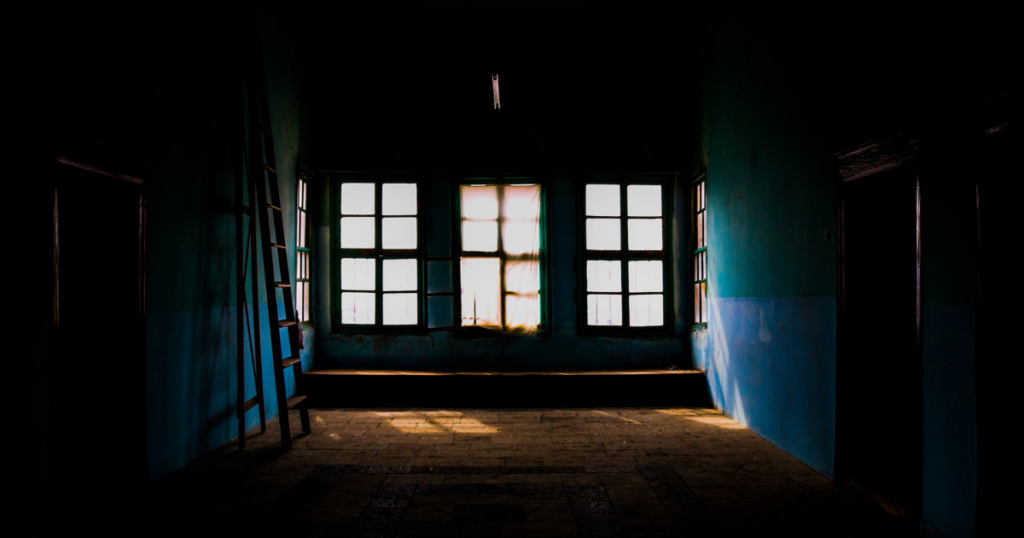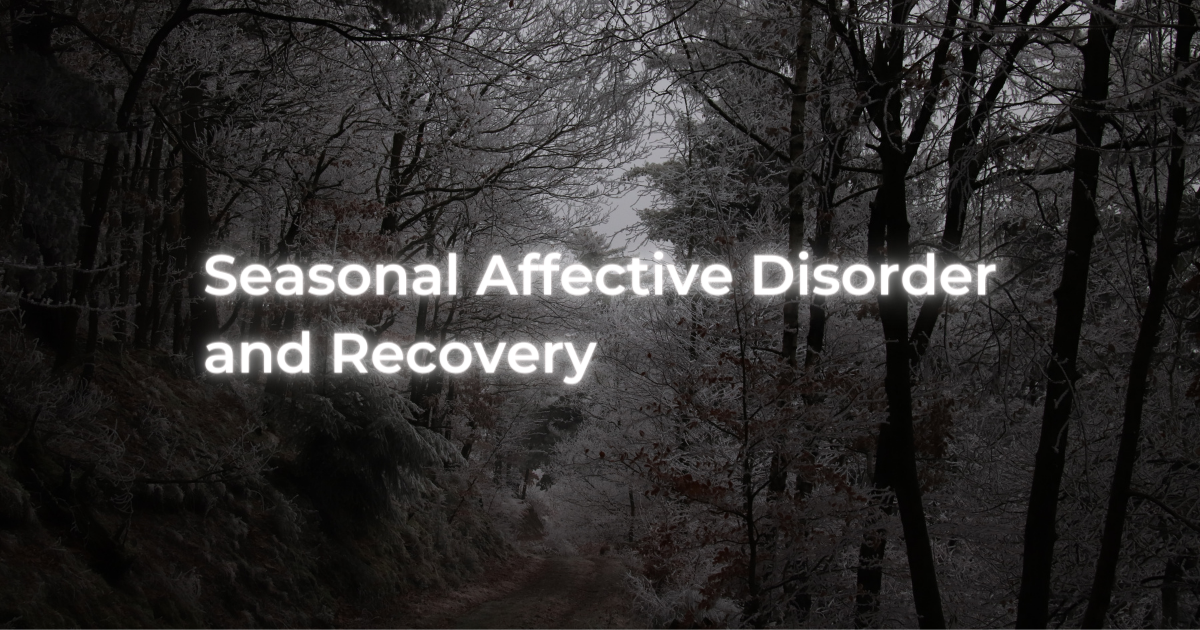Seasonal Affective Disorder (SAD), a type of depression emerging in particular seasons, primarily affects individuals during fall and winter. This condition, while challenging on its own, poses additional complexities for those on the path to recovery from substance abuse. Grasping the nuances of SAD’s impact on recovery and exploring diverse treatment options is crucial for sustaining recovery progress.
What is Seasonal Affective Disorder?
Seasonal Affective Disorder is a recurrent depressive disorder, typically flaring up during the colder, darker months. It’s characterized by symptoms such as deep sadness, a waning interest in once-enjoyed activities, energy depletion, sleep issues, and appetite changes, often leading to weight gain. The prevalence of SAD, occurring in 5% of adults in the United States over 40% of the year, is notably higher in women and those living in regions far from the equator, where daylight hours in winter are shorter.

Annual Sunshine Hours Map
The Complex Relationship Between SAD and Recovery
The journey to recovery from substance abuse is intricate and deeply personal. The onset of SAD can complicate this path significantly. The emotional distress and depressive symptoms characteristic of SAD can heighten substance cravings, seeking relief from the psychological discomfort. This makes it imperative to integrate an understanding of SAD into comprehensive recovery strategies for those who suffer from the symptoms.
Risk Factors
- Mental Health Challenges: Individuals in recovery often face co-occurring mental health conditions, heightening their susceptibility to SAD.
- Increased Isolation: The tendency to remain indoors during colder months can foster isolation, a state that can disrupt the recovery process.
- Disruption in Daily Routines: SAD-related motivational deficits can interrupt the structured routines that are vital in the journey of recovery.
Expanding Treatment Options for SAD in Recovery
Enhanced Light Therapy
Beyond standard light therapy, advancements in this treatment offer more personalized approaches, including varying light intensities and timings to better mimic natural sunlight patterns, fostering a more substantial mood improvement.
Medication Management
While antidepressants are a common prescription for SAD, medication management in individuals with a history of substance abuse necessitates a careful, balanced approach to avoid the risk of substance misuse.
Specialized Behavioral Therapy
Cognitive Behavioral Therapy (CBT), especially when tailored for SAD, enables individuals to identify and modify negative thought patterns, fostering resilience and enhancing coping mechanisms.
Holistic and Lifestyle Interventions
Incorporating holistic practices such as yoga, meditation, and mindfulness, along with a focus on nutrition and regular physical activity, can significantly aid in managing SAD symptoms and supporting overall well-being during recovery.
Social Support and Community Involvement
Building a robust support network and engaging in community activities can alleviate feelings of isolation and provide additional emotional support, crucial in both managing SAD and sustaining recovery.

The lack of light in the winter can trigger Seasonal Affective Disorder for many people
Embracing Help for Seasonal Affective Disorder
Acknowledging the symptoms of SAD and actively seeking appropriate treatments are fundamental in navigating its impact on the recovery journey. It’s important to remember that recovery is not a solitary path and that seeking help can make a profound difference.
Get Comprehensive Addiction Help
If you or a loved one are grappling with the dual challenges of SAD and recovery, Landmark Recovery offers a supportive, compassionate environment with tailored treatment options to meet your unique needs. Reach out to us at 888-448-0302 for guidance and support. Embark on your journey towards a healthier and more fulfilling life today.

Choose Recovery Over Addiction
We're here 24/7 to help you get the care you need to live life on your terms, without drugs or alcohol. Talk to our recovery specialists today and learn about our integrated treatment programs.




